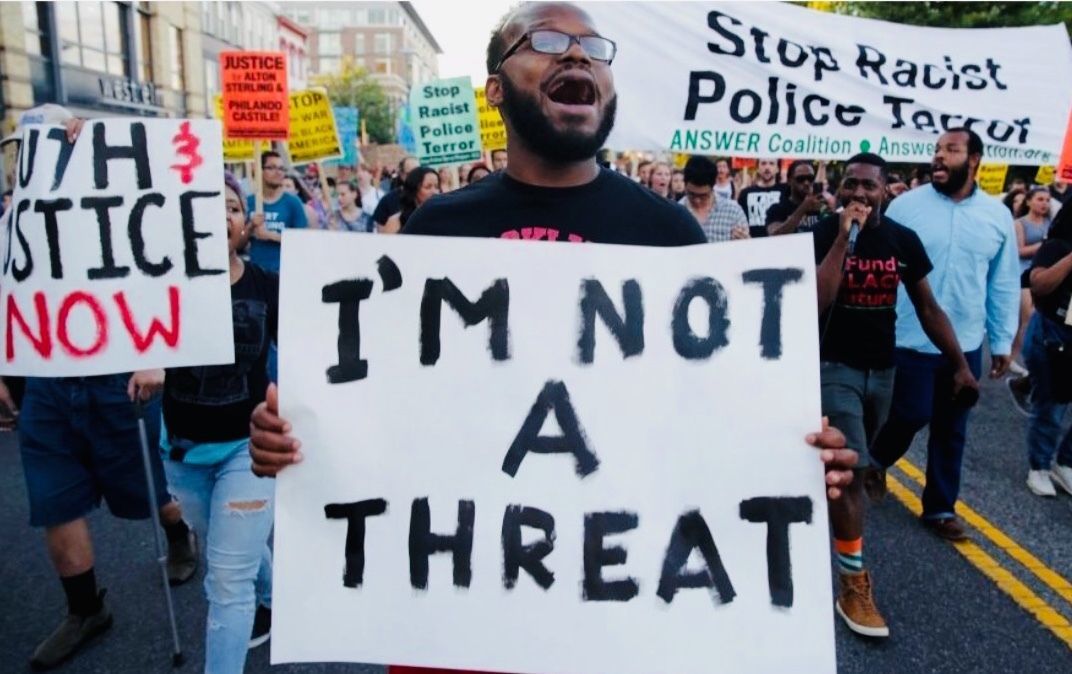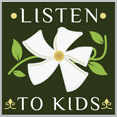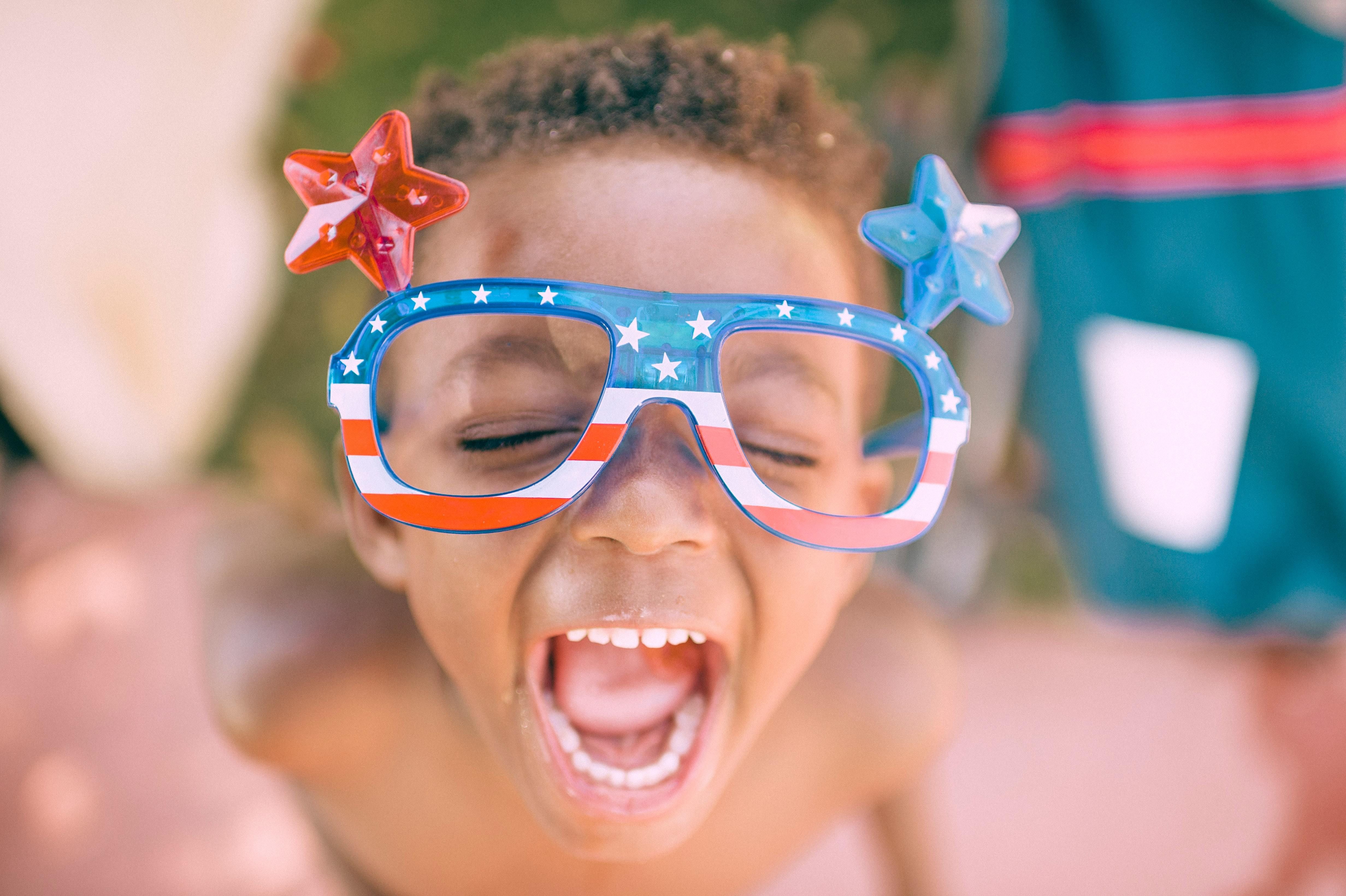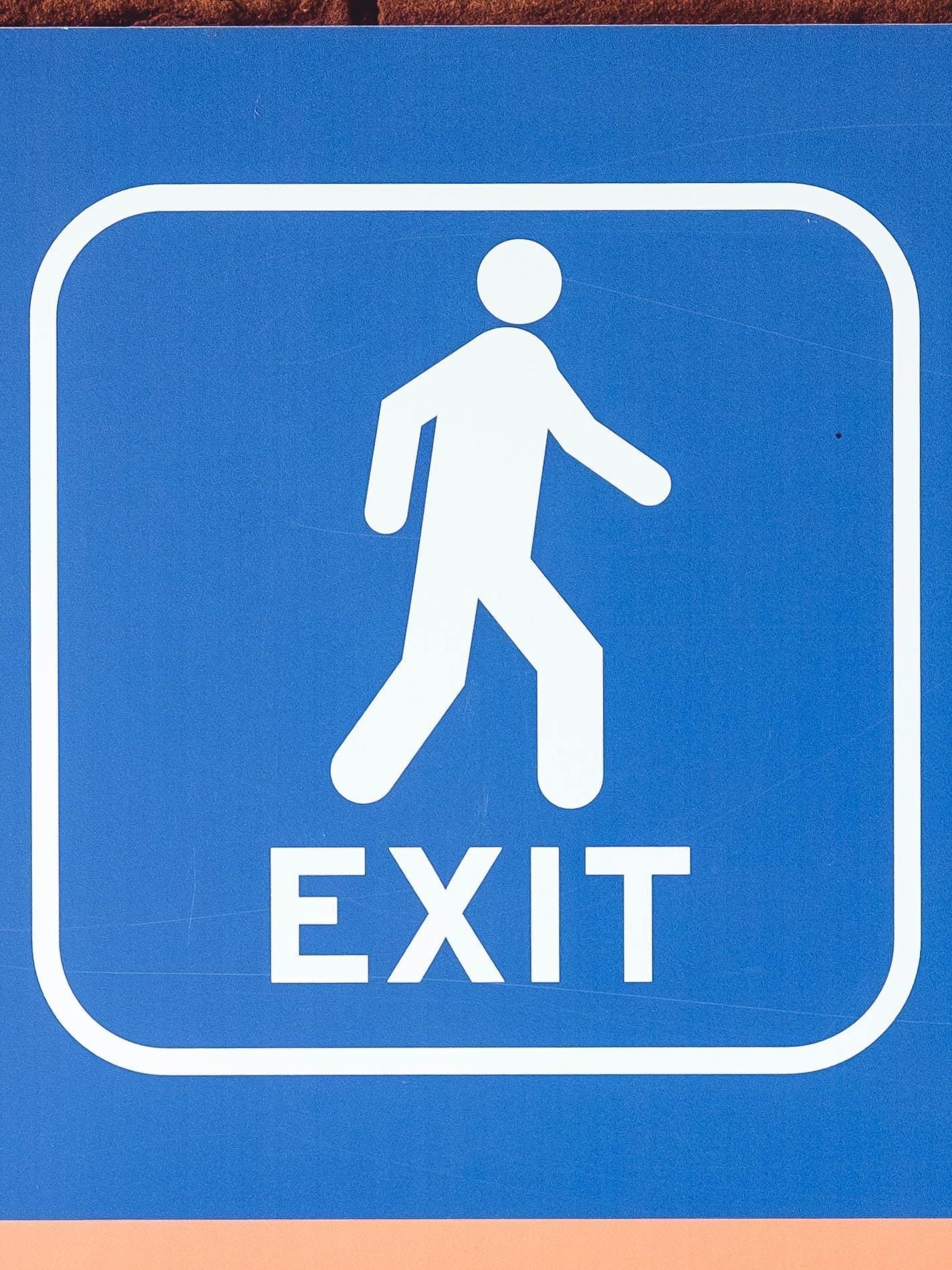
It's Black History Month, y'all! For me, it's important to pause and honor this month for the simple reason that I have no first-hand knowledge of what it's like to be Black.
From the first history lesson I heard that mentioned slavery, I always knew that whatever my abuse experience was, its impact on my life would be MUCH WORSE if I were born Black.
To understand that in the context of my own struggles was heartbreaking for me. I developed a tremendous admiration for Black activists as a child. I always wanted to learn more about Black History; I sought to draw strength from the lives of Dr. Martin Luther King, Jr. and Rosa Parks. Of course, my hometown, New Orleans, is the seat of some important Black History in the United States, both tragic and miraculous. This month, I hope to highlight some New Orleanians who took part in changing Black History for good.
But at the moment I feel the need to explain the connection between Black History Month and our mission at Listen to Kids. We seek to provide needs for kids who've been abused. Even sometimes kids who've grown up. Physical needs are our first line: food, clothing, hygiene items, etc. After the material needs, we hope to address these abuse survivors' emotional needs. And most often, that means acknowledging and dealing with the long-term effects of Post Traumatic Stress Disorder (PTSD).
Any form of discrimination can result in the debilitating symptoms of PTSD. People who are not straight, white, men in the United States are accustomed to others making negative assumptions about them every day. Women assume we'll be paid less than men for the same jobs. Gays expect taunting from others on occasion. Over time, this constant reinforcement that we are "less than" and others don't understand us wears away at our self-concepts. As a result, it's understandable for people who experience this to walk into every situation ready to defend themselves. It's exhausting to have to always be "on," concerned about how others will see you and ready to represent your sexual preference/gender/race. It's demoralizing to have to keep up a positive image under consistent subconscious judgements from others. This situation can result in an almost permanent fight-flight-freeze response, which is a hallmark of PTSD.
If you're Black, you can most probably add the layers of your family's racist experiences, which they can't help but reflect to you, to your own. The PTSD response grows with years and even over generations if not interrupted. And PTSD has been shown to correlate with early death, addiction, depression, anxiety, suicidal tendencies, incarceration, and general poor health. PTSD is life-threatening. And we can unwittingly pass it along to the next generation.
I'm not asking everyone to pick up a sign and march. What I'm asking you to do is please ALLOW YOURSELF TO DEVELOP EMPATHY for the effects of hundreds of years and billions of collective incidents of racism on people of color. You know how if you're startled by a dog barking when you walk by a house, you tense up every time you walk by that house afterwards? Even when the dog no longer lives there? That's PTSD, and it's a visceral, bodily response. While your mind understands that the dog only barked at you once, and that he never bit you, and he's behind a fence even if he is there, your body goes into survival mode when it approaches that situation again.
This is how it is when BIPOC (Black, Indigenous, & People of Color) folks encounter even small instances of racism or negative assumptions based on their appearance. I think it's so important to work on becoming an ally by developing empathy and understanding for the BIPOC experience. Even though Black History in our country is generally tragic and disturbing, and we don't like to think about it, we must do it for our Black and Brown friends. Another simple way to encourage others is to reach out to BIPOC acquaintances within your own community and ask how you can support them.
Look for my next blog about two New Orleanians who've made a difference in Black History!
love,
Michelle
For a more professional, scientific description of PTSD resulting from racist environments, see this article in Psychology Today.
Image credit: Jackson, 8th grade









